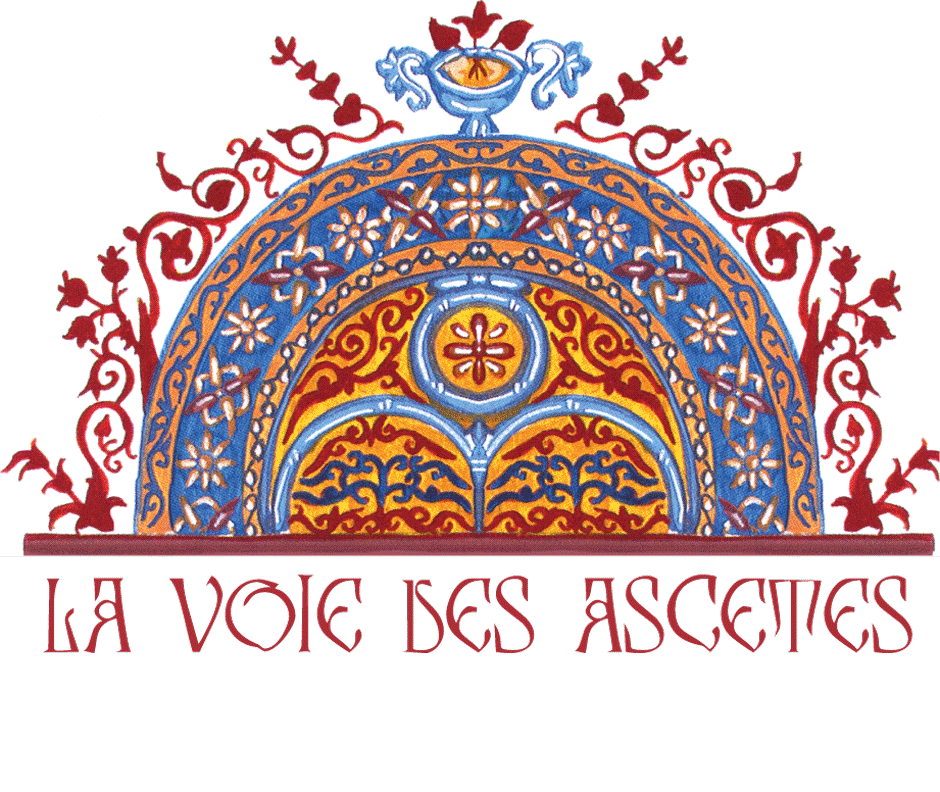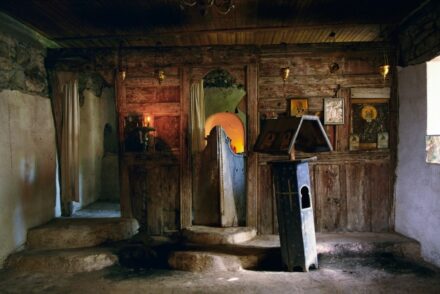At the close of their letter the Synod summed up the whole in the celebrated twelve anathematisms, composed by Cyril, with which Nestorius was required to agree. They are the following:

- “If any one does not confess that Emmanuel is true God, and that therefore the holy Virgin is God-bearer, since she bore, after the flesh, the incarnate Word of God, let him be anathema.”
- “If any one does not confess that the Logos from God the Father hypostatically united Himself with the flesh (= human nature), and with that which has become His own flesh is one Christ, God and man together, let him be anathema.”
- “If any one separates the hypostases (= natures) as to their unity in the one Christ, connecting them only by a συνάφεια in dignity, power, and appearance, and not rather by a conjunction in physical union (καὶ οὐχὶ δὴ μᾶλλον συνόδῳ τῇ καθʼ ἕνωσιν φυσικὴν), let him be anathema.” […]
- “If any one divides the expressions which are used in the evangelical and apostolic writings or by the saints, in reference to Christ, or which are by Him applied to Himself, between two Persons (προσώποις) or Hypostases, and specially ascribes the one class to the man, separated from the divine Logos, and the other as divine merely to the Logos, let him be anathema.”
- “If any one ventures to say that Christ is a man who bears God (θεοφόρον), and not rather, that He is true God, as the One Son in nature, in accordance with the expression: ‘The Word was made flesh’ (S. John 1:14), and ‘He partook of flesh and blood’ (Heb. 2:14); let him be anathema.”
- “If any one ventures to say that the divine Logos is the God or Lord of Christ, and does not rather confess that one and the same is at the same time God and man, since, according to the Holy Scripture, the Logos became flesh, let him be anathema.”
- “If any one says that the divine Logos only worked in the man Jesus, and that the glory of the Only-begotten was only conjoined (περιῆφθαι) with Jesus as something foreign; let him be anathema.”
- “If any one ventures to say that the man assumed is to be reverenced, praised, and acknowledged as God, along with God the Logos, as if the one were separate from the other—for this is the necessary meaning of the word with (σύν) which is always employed (by Nestorius)—and does not rather reverence Emmanuel in one reverence, and direct one praise to Him, as the Word made flesh; let him be anathema.”
- “If any one says that the one Lord Jesus Christ was glorified by the Spirit, as though the power thus employed, which is through Him, were a foreign one, as though He had first received from the Spirit might over evil demons, and miraculous power, and does not rather regard the Spirit by whom He wrought miracles as His own; let him be anathema.”
- “If any one says that it was not the divine Logos Himself, when He was made flesh and man, like us, but another than He, a man distinct from Him (ἰδικῶς ἄνθρωπος), who became our High Priest and Apostle (according to Heb. 3:1 and Eph. 5:2); or says that He gave Himself as a sacrifice not for us alone, but also for Himself, although He as the sinless One needed no sacrifice; let him be anathema.”
- “If any one does not confess that the flesh of the Lord is life-giving, and belongs to the divine Logos as His own, but says that it belongs to another external to Him, who is united with Him only in dignity, or only participates in the divine indwelling; and does not rather hold it to be life-giving, for this reason, as we have said, that it belongs to the Logos, who can make all things live; let him be anathema.”
- “If any one does not confess that the Word of God suffered in (or after) the flesh, was crucified in the flesh, and tasted death in the flesh, and became the first-born from the dead, since He as God is life and the life-giver; let him be anathema.”
A History of the Councils of the Church from the Original Documents by the Right Rev. Charles Joseph Hefele, D.D., Vol. III – A.D. 431 to A.D. 451, Edinburgh, T.& T. Clark, 1883, p. 31-34, SEC. 132.








Pas de commentaire